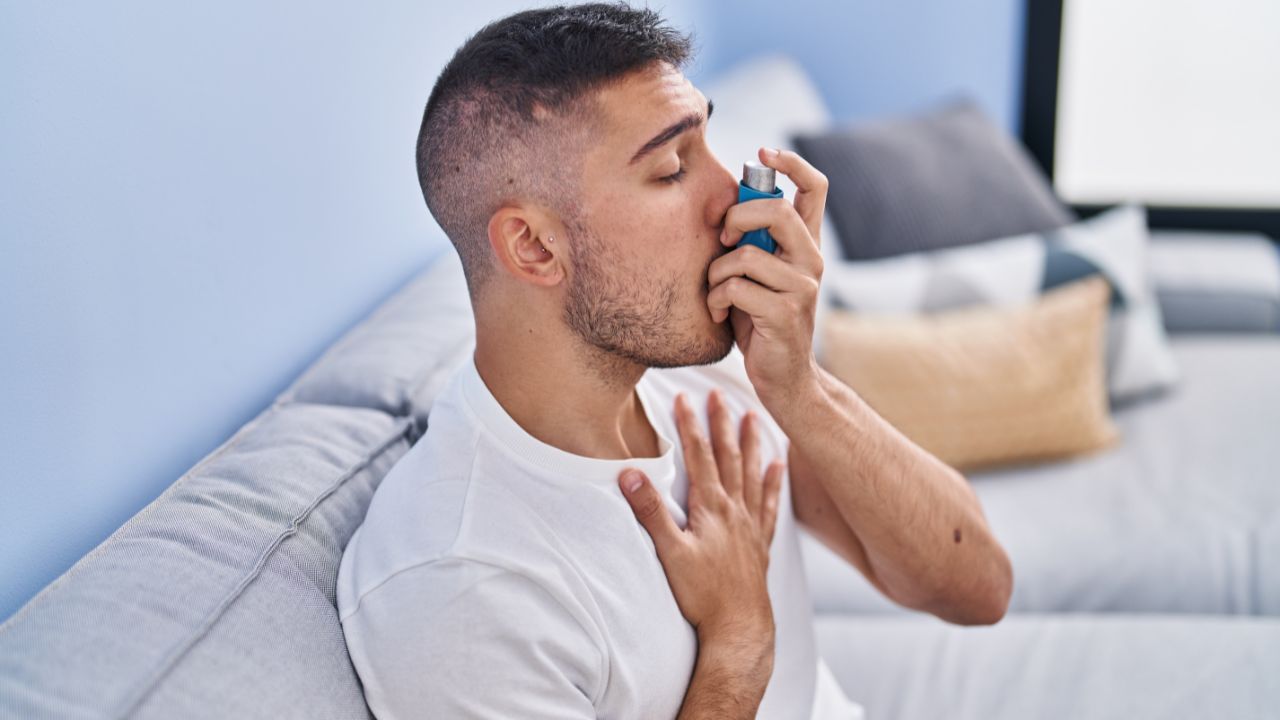Wheezing, shortness of breath and continuous coughing are all known signs of asthma. Sometimes you won’t even know that you have this respiratory condition, known as silent asthma which is far more insidious.
Jorge Mercado, M.D, the associate section chief of the pulmonary department at NYU Langone Hospital says, with silent asthma, this condition doesn’t manifest as clearly as the other types. Diagnosis with pulmonary function tests is so important since there is no other indication for silent asthma, other than a chronic dry cough.
Asthma is a chronic lung disease which affects the airway, a.k.a. the bronchial tubes. The airways become inflamed and narrow in all types of asthma, which makes it difficult to breathe effectively. Generally, this is connected with coughing or wheezing. But those audible signs are put on mute, with silent asthma.
Asthma attack may include sighs like, panting or out of breath during exercise, in a way that’s out of proportion with the amount of effort you’re expanding, feeling tired during the day even though you have slept well the night before, feeling a tightness in the chest, taking time to take a deep breath and often sleep disruption due to issues with breathing.
According to research, this can affect your mood and when having any form of severe asthma, is connected with higher rates of anxiety and depression. If you are facing with sleep problems and feel like you are not getting enough air, as in silent asthma, will lead to the feeling anxious and restless.
A few causes for silent asthma are, emotional stress, allergens like dust mites, cold air or sudden weather changes, respiratory infections and hormonal changes.
Part of the finding will involve determining the severity of your asthma on its own, before you’re on any medication, which will lead to tailored treatment that’s a fit for your silent asthma, common options include, Administration of Bronchodilators, which relax and opens the narrowed airways and increase airflow, medications are given through inhalers or nebulizers.
Oxygen Therapy, is where additional oxygen is supplied, in order to promote breathing and maintain adequate blood oxygen levels.
Systemic Corticosteroids, doctors often administer oral intravenous corticosteroids to reduce airway inflammation and offer quick relief during severe asthma attacks.
It’s important to get quick medical attention, if you are experiencing severe symptoms such as rapid breathing, dizziness, bluish lips or fingernails or faintness, since those are signs which indicates that you’re not getting enough oxygen.
If your symptoms are not that serious but are interfering with everyday activities- Dr. Mercado recommends to consult your doctor and get a referral to a pulmonologist so you can get a lung function assessed and start treatment if necessary.








